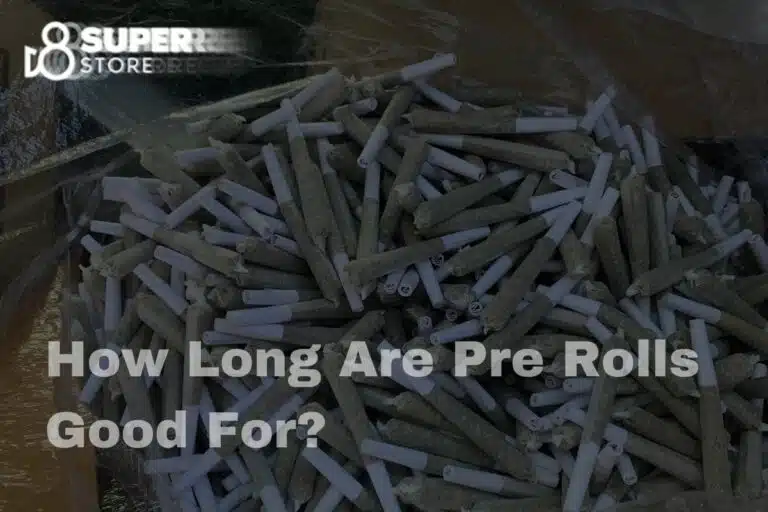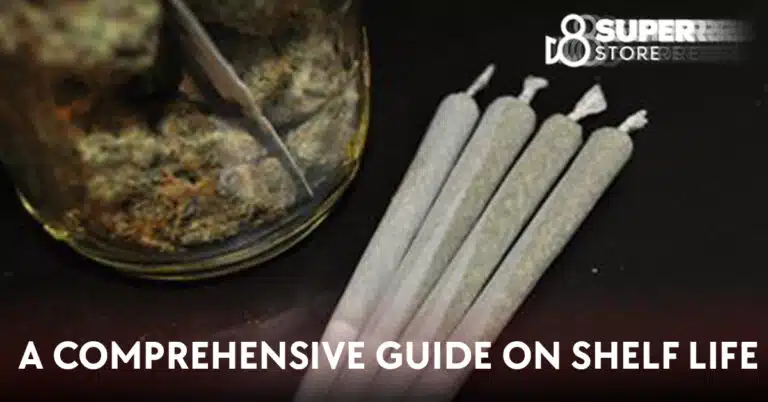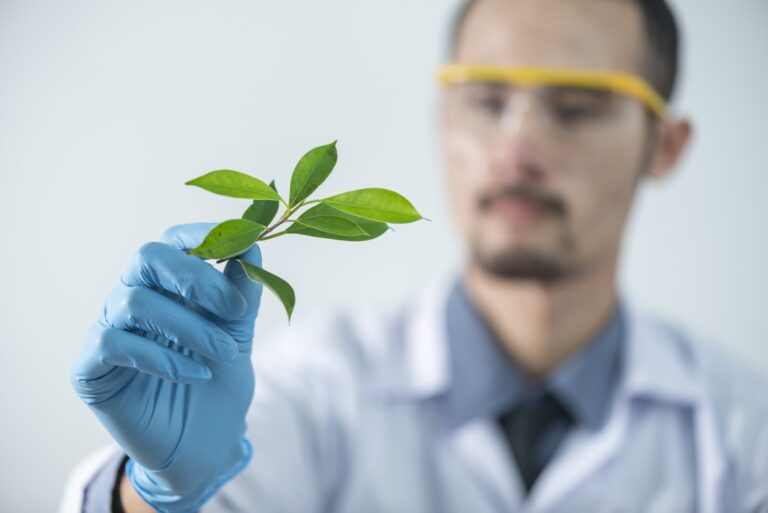Does THCa Become THC When Heated? Understanding the Decarboxylation Process
Warming up your weed unleashes a cool science trick called “decarboxylation”. Picture it like a magic show where THCa, a non-buzzy compound in the leaf, transforms into THC – the star of the show that takes you to cloud nine. To truly unlock your green’s potential, this shift is a must because THCa by itself won’t elevate your experience.
- Understanding THCa and THC
- The Decarboxylation Process
- Effects of THC
- Consumption Methods and THCa Conversion
- Beyond THCa and THC: Other Cannabinoid Interactions
- Legal Considerations and Testing
- Frequently Asked Questions
- What is the process called when THCa transforms into THC upon heating?
- At what specific temperature range does THCa decarboxylate to THC?
- How does the potency of THCa compare to that of THC before and after heating?
- Can you obtain the psychoactive effects of THC by heating THCa, and how does this occur?
- Is there a difference in the conversion rate of THCa to THC when using an oven versus a lighter?
- What are the implications of THCa to THC conversion for medicinal users seeking non-psychoactive benefits?
The transformation of THCa to THC begins to happen at a certain temperature, which is why cannabis is often smoked, vaped, or baked in edibles. During the heating process, the carboxyl group (COOH) present in the chemical structure of THCa is removed, thus converting it into the psychoactive THC. The efficiency of this conversion depends on the duration and temperature of the heat applied.
Understanding the relationship between THCa and THC is important for you if you are interested in the potency and effects of different cannabis products. Whether you’re using cannabis for recreational or medicinal purposes, the decarboxylation process influences the levels of THC you ultimately consume, making it a critical factor in the effectiveness of the product.
Understanding THCa and THC
Before delving into the specifics of tetrahydrocannabinolic acid (THCa) and tetrahydrocannabinol (THC), it’s crucial to understand that THCa is a non-psychoactive precursor to the well-known psychoactive compound THC in the cannabis plant. Upon heating, THCa undergoes a transformation, raising pivotal questions about its properties and roles.
Chemical Structure and Properties of THCa and THC
THCa and THC share a close relationship in their chemical structures, with THCa serving as the acid form of THC. Structurally, THCa contains an additional carboxyl group (COOH) which THC lacks. The presence of this group in THCa makes it non-psychoactive. Upon heating—through processes such as smoking, vaping, or cooking—THCa undergoes decarboxylation and releases a carbon dioxide molecule, converting it into the psychoactive compound THC. This comparative kinetic study elucidates the specifics of the process.
The Role of THCa in the Cannabis Plant
In the cannabis plant, THCa serves as a precursor to THC, but it also plays a role of its own. While it’s non-psychoactive, it has been observed to possess potential immunomodulating properties. These properties indicate that THCa might interact with the body’s endocannabinoid system, influencing inflammation and other physiological processes independently of THC’s psychoactive effects, as discussed in a study on THCa’s immuno-modulating properties.
Differences Between THCa and THC
Understanding the differences between THCa and THC is vital. Firstly, THCa is non-psychoactive, which means it doesn’t produce the “high” associated with cannabis. THC, on the other hand, is highly psychoactive owing to its ability to bind to the brain’s cannabinoid receptors. These receptors are part of the endocannabinoid system which plays a role in regulating mood, memory, appetite, and pain sensation. Additionally, while both compounds are found naturally in the cannabis plant, the concentration of THCa is typically much higher in fresh plant material, whereas THC levels increase after the decarboxylation of THCa during heating or curing processes. These characteristics significantly influence how each compound is used and perceived in both the recreational and medical contexts.
The Decarboxylation Process
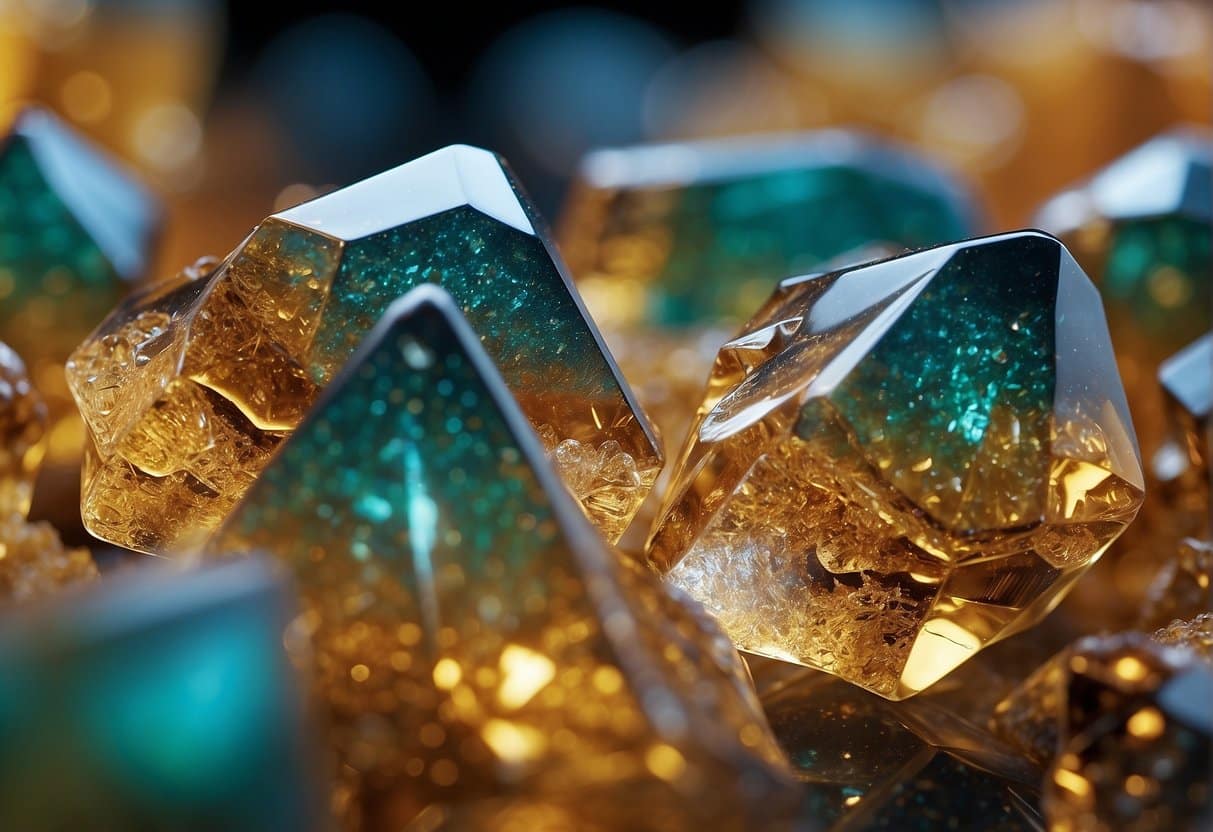
When you heat cannabis, a transformation occurs where the non-psychoactive tetrahydrocannabinolic acid (THCa) becomes the psychoactive tetrahydrocannabinol (THC). This process is known as decarboxylation, a chemical reaction that removes a carboxyl group and releases carbon dioxide (CO2).
Role of Heat in Decarboxylation
Heat is the primary catalyst in the decarboxylation process. When you apply heat to cannabis, it facilitates the removal of the carboxyl group from THCa molecules, converting them into the psychoactive form of THC. This is a critical step if the desired effect is psychoactivity, as raw cannabis does not contain significant amounts of active THC.
Temperature and Time Factors
The decarboxylation of cannabinoids is heavily dependent on two factors: temperature and time. While a low heat over a longer period can effectively decarboxylate cannabis, high temperatures can speed up the reaction but may also degrade the THC into less desirable compounds. Finding the right balance is key to maximizing the conversion of THCa to THC without losing potency.
The Science of Decarboxylation
Decarboxylation is a chemical reaction integral to making cannabis psychoactive. When you heat cannabis, the heat energy breaks the molecular bonds in the carboxyl group, resulting in carbon dioxide being released as a byproduct. This chemical transformation changes the molecular structure of the cannabinoids and, in doing so, alters their pharmacological effects.
Effects of THC
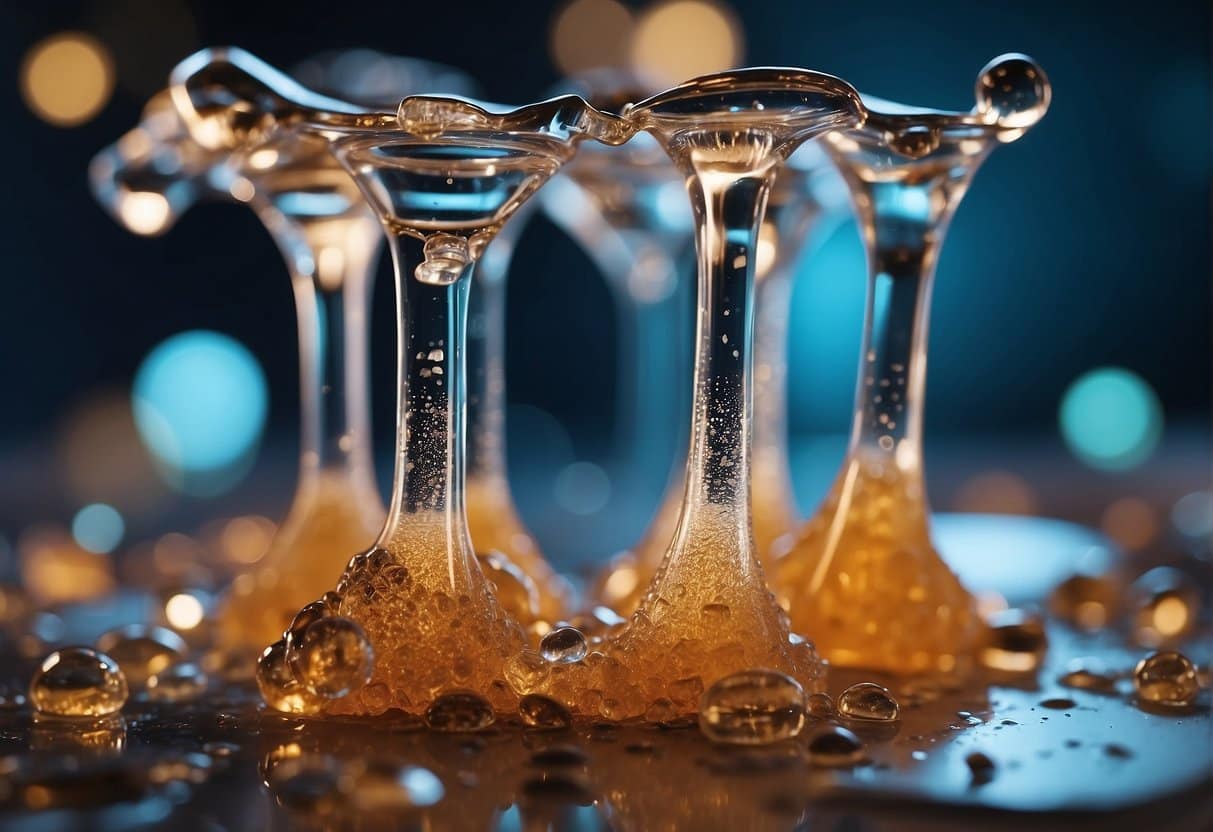
When you consume THC, it’s important to understand how it affects your body. Below are the prime areas impacted by THC, ranging from its psychoactive effects to potential health benefits and risks.
Psychoactive Effects and Euphoria
When you ingest THC, it primarily binds to cannabinoid receptors in your brain, inducing the psychoactive effects for which it is well known. This interaction can lead to a sense of euphoria or the feeling of being high. These effects are due to THC’s similarity to anandamide, a naturally occurring brain chemical that regulates mood, memory, and pain perception.
Health Benefits of THC
While THC is often recognized for its psychoactive properties, it also has several health benefits. THC has demonstrated anti-inflammatory and neuroprotective properties, which can be beneficial in treating a variety of health conditions. It may help reduce symptoms of chronic pain, assist with muscle spasticity, and potentially provide relief for nausea and vomiting.
Potential Side Effects and Risks
However, the consumption of THC is not without its risks. You may experience side effects including but not limited to intoxication, impaired memory, and difficulties with coordination and reaction time. These side effects can interfere with day-to-day activities and should be considered when assessing THC for therapeutic use. Additionally, the long-term impact of THC on mental health is still being studied, with some research suggesting potential risks.
Consumption Methods and THCa Conversion
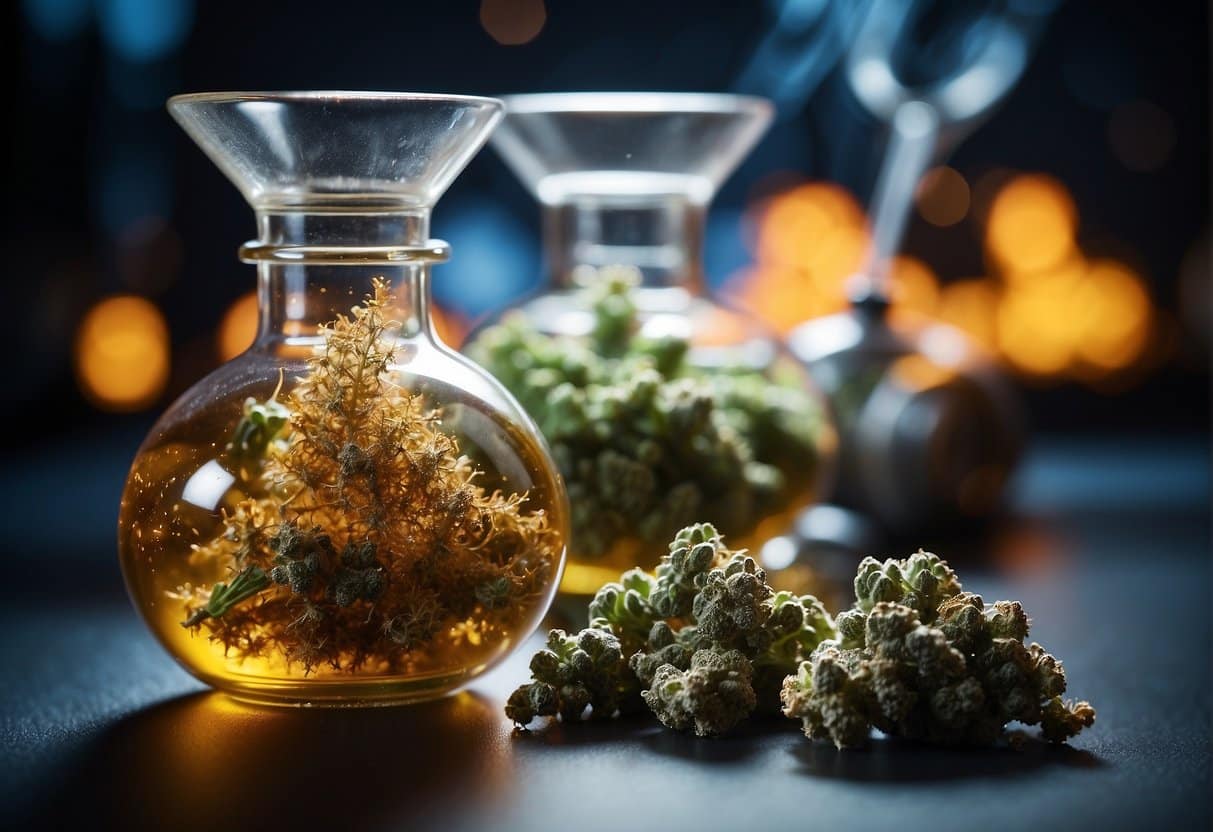
When you apply heat to cannabis products containing THCa, it undergoes a process called decarboxylation, converting it into THC, the psychoactive compound associated with the “high.” The method of consumption you choose impacts how effectively this conversion occurs.
Influences of Smoking and Vaporizing
Smoking is one of the most common ways to consume cannabis, and it involves directly burning the material. When you smoke cannabis, the high temperatures caused by the burning process rapidly decarboxylate THCa into THC. On the other hand, vaporizing uses lower temperatures, which can more gradually convert THCa to THC, possibly retaining more of other cannabinoids and terpenes.
Edibles and Baking
Baking edibles is a method where decarboxylation happens before ingestion. As you bake your cannabis-infused goods, the heat not only activates THC but also creates a longer-lasting effect when consumed. It’s crucial that your edibles are baked at the right temperature to ensure effective conversion from THCa to THC while preventing degradation of the THC that’s been created.
Other Methods: Tinctures, Oils, and Topicals
Tinctures and oils may also undergo a decarboxylation process, depending on how they are prepared. If you’re using these products, especially in the context of cannabis products designed for sublingual use or as topicals, the conversion from THCa to THC may be less pronounced than in methods involving direct heat, such as smoking or baking. Light and storage conditions can also influence the levels of THCa and THC in these forms over time.
Beyond THCa and THC: Other Cannabinoid Interactions
Exploring the realm of cannabinoids, you’ll find that THCa and THC are just the beginning. Your understanding of their roles is crucial in grasping how they interact with an array of molecules within the cannabis plant.
Interaction with Cannabinoid Receptors
Your body’s endocannabinoid system plays a pivotal role in interacting with cannabis. It consists mainly of two types of receptors: CB1 and CB2. While THC is known for its strong affinity with the CB1 receptor, often associated with its psychoactive effects, other cannabinoids like CBD don’t bind directly to these receptors but instead influence them in indirect ways. CBD also modulates CB2 receptors, which are more prevalent in your body’s immune system.
Synergies with Other Cannabinoids and Terpenes
The relationship between cannabinoids extends beyond THCa and THC. They often work in synergy, a phenomenon known as the entourage effect. For example, CBDA and CBGA can enhance or modify the effects of THC, and the presence of various terpenes has been known to augment the medicinal qualities of cannabis by altering absorption and activity at the receptor level. This synergy can influence your experience with cannabis, making it more than the sum of its individual components.
Comparing THCa and CBD Effects
While you may be familiar with THC’s psychoactive properties, THCa is non-psychoactive before it is heated. On the other hand, CBD is another major cannabinoid that has gained attention for its potential therapeutic benefits without inducing a high. The effects of CBD are distinct from THCa and THC as it doesn’t bind as readily to the CB1 receptor, which is why it’s often sought for its potential in managing conditions without psychoactive effects.
Legal Considerations and Testing
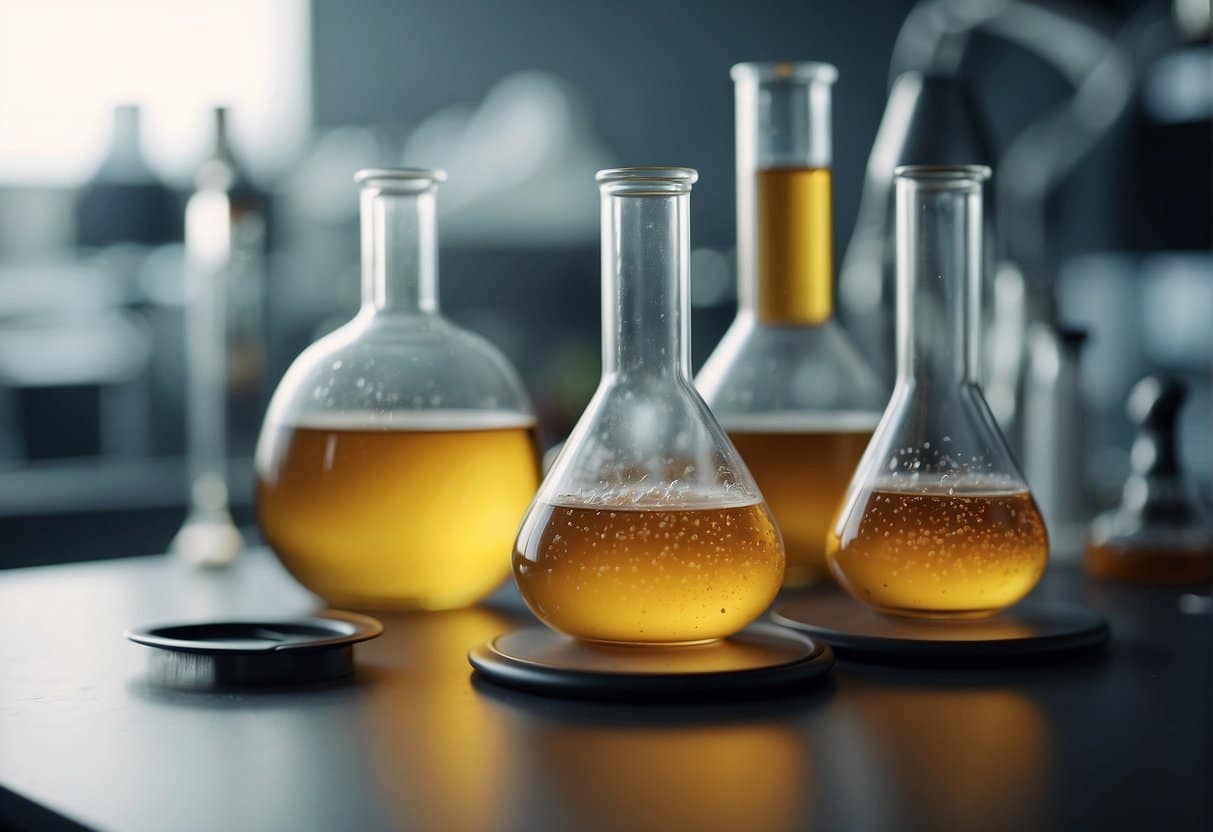
In understanding how THCa becomes THC when heated, it’s essential to navigate the legal landscape surrounding the use of cannabis and implications for drug testing. The legal status of cannabis can impact both consumers and producers, particularly in regards to THC, the psychoactive component in marijuana.
Understanding the Legal Status of Cannabis
Cannabis legality varies widely. At the federal level, cannabis is classified as a Schedule I substance under the Controlled Substances Act. However, some states have enacted laws that legalize marijuana for medical or recreational use. It’s important to distinguish between marijuana and hemp—the latter is legal at the federal level as long as it contains no more than 0.3% Delta-9 THC.
The transformation of THCa to THC through decarboxylation, typically accomplished by heating, becomes a key concern in the eyes of the law. For example, an examination of cannabis seizures in Austria highlighted questions about the influence of different storage temperatures on the stability of THC content.
Implications for Drug Testing
For cannabis consumers, being aware of how drug tests detect THC is critical, particularly for those living in regions where marijuana remains illegal. Drug tests generally look for traces of Delta-9 THC, the primary psychoactive component of cannabis. Since THCa is non-psychoactive, it does not produce a high and typically is not the target of a drug test. However, if THCa has been decarboxylated into THC — a process which can be catalyzed by heating — it could influence test outcomes.
The stability of THCa and THC, and how they transform under various conditions, is the subject of ongoing research. For instance, a study on cannabis tinctures revealed that heating cannabis can reduce the amount of THC, potentially affecting the accuracy of labeling and consumers’ expectations.
It’s clear that both the legal status of cannabis and the presence of THC can have significant implications for drug testing. Understanding these aspects is crucial when navigating use, production, and testing of cannabis.
Frequently Asked Questions
When you apply heat to THCa, a non-psychoactive substance found in cannabis, it transforms into the psychoactive compound THC, a process that is crucial to the effects that medical and recreational users experience from cannabis products.
What is the process called when THCa transforms into THC upon heating?
The process where THCa converts to THC is known as decarboxylation. Heating the compound causes it to lose a carboxyl group, thereby becoming THC.
At what specific temperature range does THCa decarboxylate to THC?
THCa decarboxylates into THC when exposed to temperatures between 220°F (104°C) and 300°F (148°C). Precise temperature control is essential to maximize the conversion while preventing the loss of potency.
How does the potency of THCa compare to that of THC before and after heating?
Before heating, THCa is not psychoactive, but once heated and converted into THC, the psychoactive potential is unlocked, increasing the compound’s potency in terms of its ability to produce a ‘high’.
Can you obtain the psychoactive effects of THC by heating THCa, and how does this occur?
Yes, by heating THCa, you can obtain the psychoactive effects of THC. Through decarboxylation, THCa is converted to THC, which interacts with the brain’s receptors to produce psychoactive effects.
Is there a difference in the conversion rate of THCa to THC when using an oven versus a lighter?
Different methods of heating can affect the conversion rate of THCa to THC. Using an oven provides a more controlled and even heating environment compared to a lighter, which can result in a more uniform and complete conversion of THCa to THC.
What are the implications of THCa to THC conversion for medicinal users seeking non-psychoactive benefits?
The conversion of THCa to THC has implications for medicinal users. If they require the benefits of THCa without the psychoactive effects, careful temperature control must be employed to avoid converting THCa into THC during preparation or storage of cannabis products.


